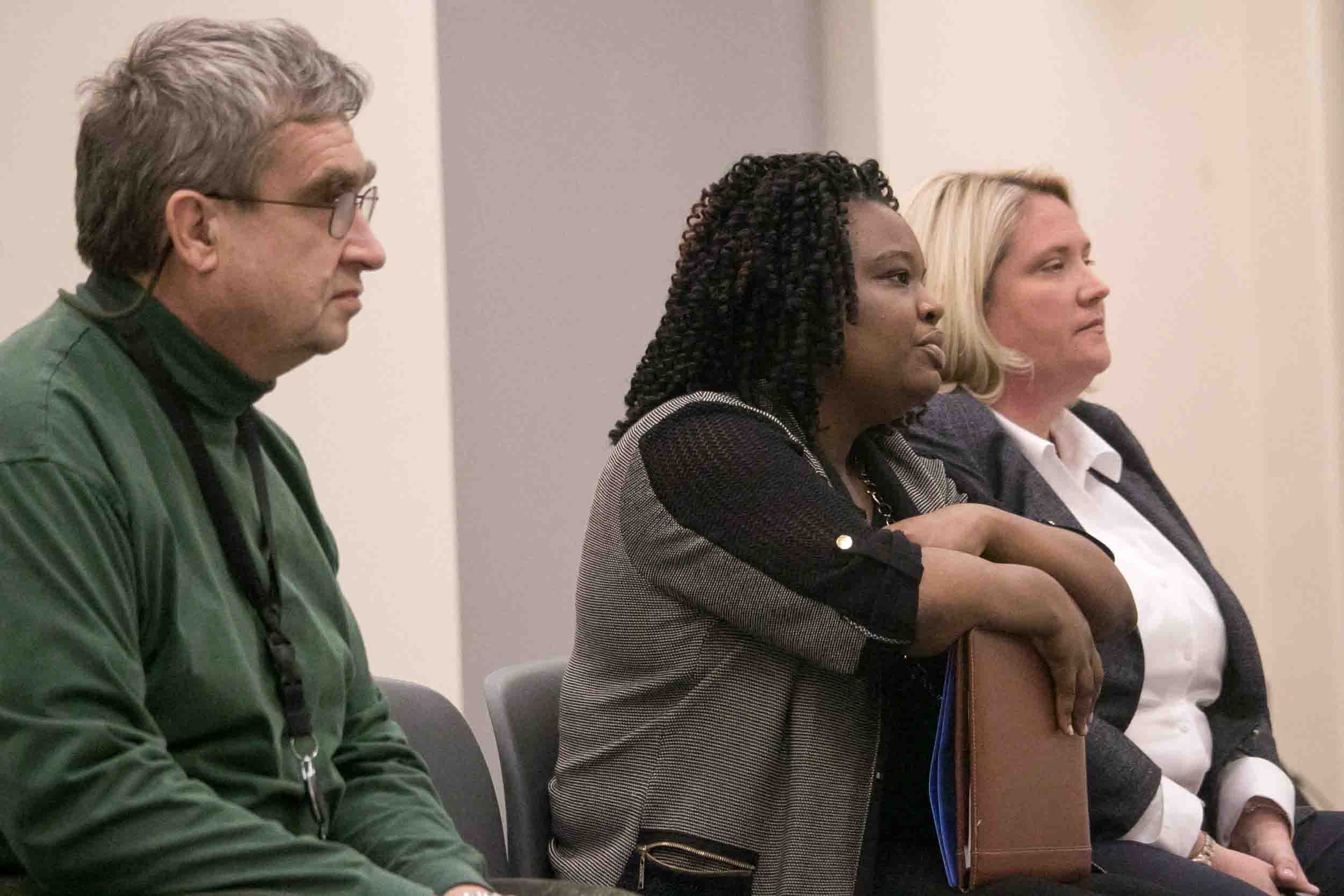Kennesaw State’s online learning initiatives are continuing to grow and develop by providing students with flexible ways to learn and earn their degrees.
In a story published by The Sentinel in 2015 titled “KSU ranks among best online colleges,” KSU reportedly ranked 17th among 83 universities for affordable online programs. While those rankings have changed and it is now difficult to find the exact rankings this story was referring to, US News and World Report does have some updated rankings to note for KSU. In 2022, KSU was ranked No. 27 for Best Online Master’s in Computer Information Technology Programs, No. 17 for Best Online Master’s in Curriculum and Instruction Programs, No. 15 for Best Online Master’s in Computer Information Technology Programs for Veterans and No. 13 for Best Online Master’s in Educational Administration Programs.
Furthermore, the number of students taking all online courses has gradually increased from about 7,000 in 2015 to 8,726 in the fall of 2022. While the number of students taking these programs have increased, the proportion of students who take fully online courses has decreased from 30.9% to 20.3% due to the significant difference in enrollment with KSU recording a total enrollment of 22,621 in 2015 and seeing upwards of 43,000 students in 2022.
According to Anissa Vega, Assistant Vice President for Curriculum and Academic Innovation, online course enrollments saw a significant boost during 2020 when the COVID-19 pandemic forced all classes to adopt an online modality.
According to Vega, there were 23,985 online course enrollments, which then jumped to 107,480 enrollments in 2020 and then began to stabilize after face-to-face courses resumed in 2021, dropping to 47,732 enrollments that year. In fall 2022, KSU saw 46,322 online course enrollments, which is a 3% drop from the previous year, but an overall 93% increase from 2018.
“I expect them [online course enrollments] to follow the trend line that we have,” Vega said. “I do think we’ll eventually reach a point where it will steady itself.”
Vega also emphasized that most traditional students prefer to mix their modalities each semester by taking a combination of online, hybrid and face-to-face classes.
Other differences from 2015 include the programs that most online students are choosing to take. According to The Sentinel’s story from 2015, the five most popular online bachelor’s degrees back then were psychology, business, elementary education, nursing and health administration. Today, the top online bachelor’s degrees are cybersecurity, psychology, management, information technology and marketing.
Cybersecurity is an online program that has seen much development throughout the years and James McCafferty, Associate Professor of Criminal Justice, shared his experiences teaching online programs.
“We are one of the better programs out there,” McCafferty said. “Some of the faculty in the program are recognized experts in the field. One of the powers of online education is that you can go after professionals that are in the field.”
McCafferty has been teaching both face-to-face and online classes since 2007 but has recently been teaching undergraduate and graduate sections of criminal justice and cybersecurity classes which are mostly fully online.
McCafferty says he had to go through a semester-long training program to receive his initial Digital Learning Innovations badge in order to teach an online class, but that he’s been enrolling in different kinds of training each semester to ensure his courses are meeting accessibility standards, to prepare to teach courses he has never taught before and to keep his teaching methods up to date.
“I think online education is good and important and it’s something that – as far as I know – Kennesaw does quite well,” McCafferty said. “Like anything, you got to kind of keep up with technology, keep up with everything going on.”
Since the COVID-19 shutdown, McCafferty has tried to bring personalized experiences into the online programs through virtual events and live online classrooms that more closely mimic a traditional classroom setting. These kinds of efforts are greatly appreciated by students such as Tara Gayton, a junior psychology major who attends her classes 100% online.
“I live in kind of like a rural area and… I couldn’t afford dorm housing, so this was a way to work, live by myself and still go to college,” Gayton said.
Although the main reason she began college online was due to distance, Gayton explained that she found it helpful to manage her ADHD because it allows her freedom to learn on her own time rather than the rigid classroom setting in which neurodivergent students may struggle.
Gayon said that one way to improve KSU’s online programs is for professors to reach out and network with students more often.
“Online students don’t really get a lot of opportunities to network,” Gayton said. “We’d have to physically go down there, and that can also be a problem because most online students, the reason they start online is because they have to work full time and they’re not available during those hours.”


